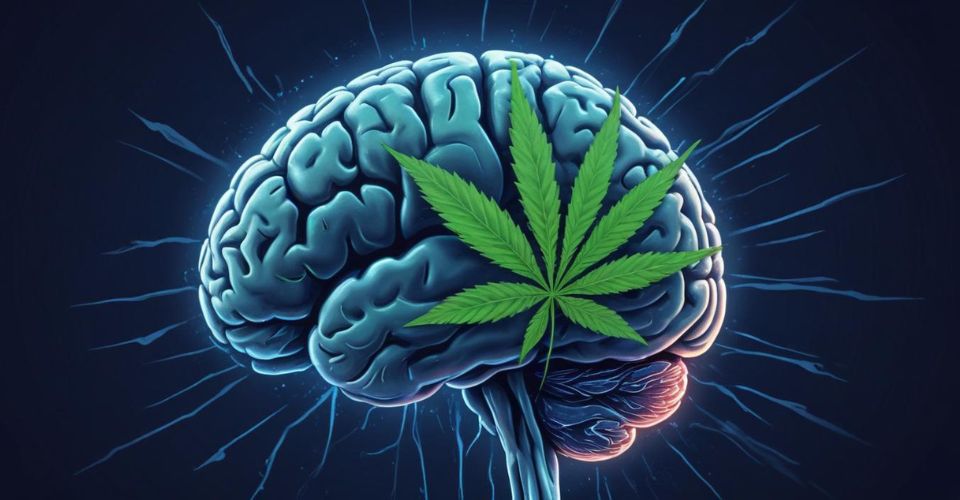Emerging research suggests that one of the major components of cannabis, may offer a new approach to deal with age-related cognitive impairment. According to a recent study, even if cannabis is given in low amounts it can reverse brain aging on long-term basis due to its psychoactive component THC. It was led by scientists at University Hospital Bonn and The Hebrew University of Jerusalem and the University of Bonn who used mice to show that by affecting certain molecular pathways, THC could make the old mouse’s brain act as if it were younger.
The Role of the Endocannabinoid System in Brain Aging
Accordingly, aging involves decreasing cognitive capacity which is considerably associated with dying brain cells and their interconnections. This decline has been attributed to the endocannabinoid system, which consists of receptors and signaling molecules in our brains. In particular, CB1- cannabinoid receptor type 1 has a strong connection with brain aging whereby previous works have shown that lack of CB1 function results into severe deficits in learning ability, memory loss as well as neuronal survival.
The article aimed at understanding whether boosting CB1 activity using low levels of THC would revert some aspects relating to brain aging through studying how THC affects mTOR protein which is involved in cell metabolism, growth and aging regulation.
Study Methodology and Findings For Benefits Of Cannabis
In this study, young versus old male mice were treated for four weeks either with THC at a very small dose or placebo. Investigators focused on intrasynaptic signaling proteins levels, global metabolic state and overall brain activity within animals tested. At any rate, there was increased hippocampal mTOR activity following treatment with THC; this region is critical for memory formation and consolidation processes. Furthermore, higher levels of synaptic proteins reflecting improved synaptic function also accompanied these changes.
Surprisingly, although initially increasing brain activity level; later on its effect has switched promoting energy conservation within peripheral tissues of the body that is similar to calorie restriction or intense exercise known for their anti-aging advantages.
Potential Implications and Future Research
These findings suggest that THC could be useful in slowing down brain aging patterns and enhancing energy homeostasis throughout the organism. But one should remember that the study was performed with mice and it remains unclear whether similar results could be achieved using human organisms. Further studies are required to establish other potential therapeutic uses of THC, define its optimal dosage as well as evaluate its long-term safety.
The research is promising but it warrants a careful approach since broad spectrum effects resulting from long term use of THC have not been fully studied yet. Such investigations will provide a basis for further research on effective anti-aging treatments directed at enhancement of brain health and cognition.




Leave a Reply
You must be logged in to post a comment.